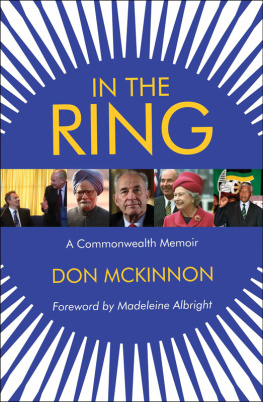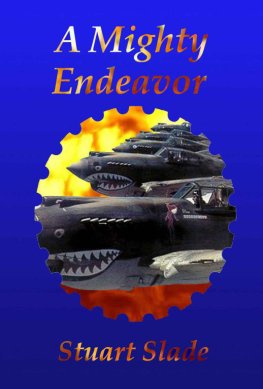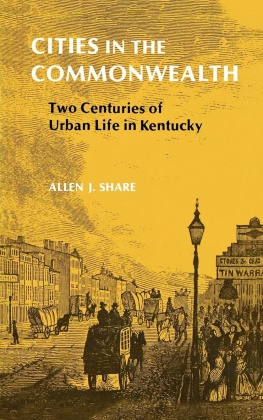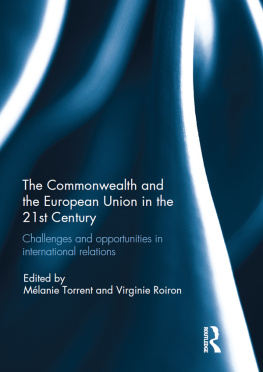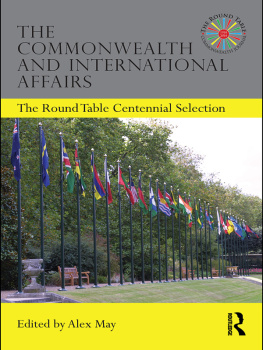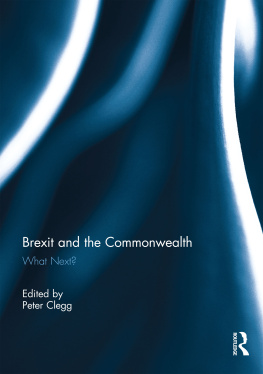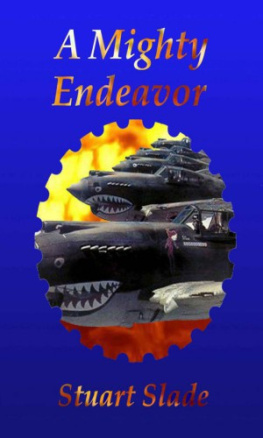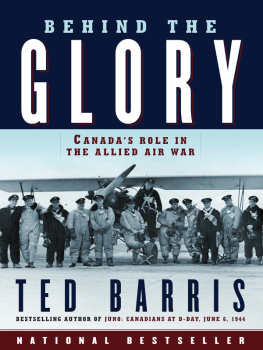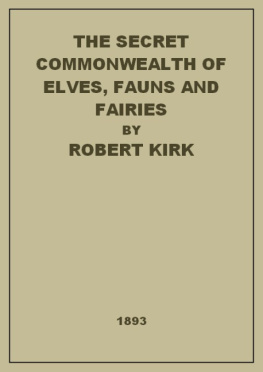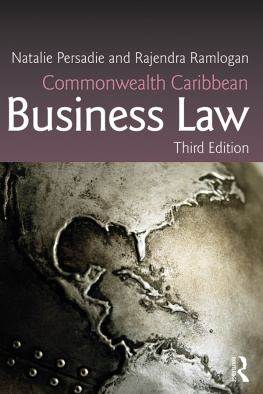To my wife Clare and five children
Margaret, Peter, Stuart, Cameron and James
Plate section image credits
Image 2 (page i, bottom) Paul Popper Ltd/Getty Images
Image 3 (page ii, top) The New Zealand Herald
Image 7 (page iii, bottom left) Garrick Tremain
Image 18 (page iii, top) Heriot-Watt University
All other images are and reproduced by kind permission of the Commonwealth Secretariat
First published 2013 by Elliott and Thompson Limited
27 John Street, London WC1N 2BX
www.eandtbooks.com
ISBN: 978-1-908739-26-1
Text Don McKinnon 2013
The Author has asserted his right under the Copyright, Designs and Patents Act, 1988, to be identified as Author of this Work.
All rights reserved. No part of this publication may be reproduced, stored in or introduced into a retrieval system, or transmitted, in any form, or by any means (electronic, mechanical, photocopying, recording or otherwise) without the prior written permission of the publisher. Any person who does any unauthorized act in relation to this publication may be liable to criminal prosecution and civil claims for damages.
9 8 7 6 5 4 3 2 1
A CIP catalogue record for this book is available from the British Library.
Printed and bound in the UK by TJ International
Typeset by Marie Doherty
Contents
Acknowledgements
I put off writing this book in the same way some people put off riding a horse for the first time. Its unfamiliar, could be uncomfortable and theres always a chance youll fall flat on your face.
In my eight years in London, I kept notes about the things I did, the people I met and the dramas in which I was involved. In the back of my mind, I imagined some generous, highly-skilled writer coming along and saying Ill write your book and well both make a lot of money! Or perhaps in fifty years time the notes would be found and someone would make sense of them. After leaving the Commonwealth, I gave a lecture in late 2008 and someone asked me when my book would be out. It wasnt the first time the question had been posed but this questioner warned me that if I didnt write my account of my time as Secretary-General someone else might, and I might not agree with their version.
That jibe was enough to stir my competitive spirit. I talked with my wife Clare and my academic brother Malcolm and they gave me good advice and encouragement. I took the plunge or rather I got on my literary horse.
Writing a book was, for me, a new experience. Surrounded by a decade of personal and official diaries, briefs, press releases, speeches, news cuttings and emails, I thought long and hard about where to start. I have always devoured political biographies, noting the great disparity in quality between them. Some writers had started with their diaries in front of them, and moved through them mechanically, with little texture or colour added beyond what was already in the public domain. Others relied heavily on pictures, with little of great substance in the narrative. The ones I really enjoy are those that deal with interesting and challenging issues in depth and provide genuinely new insights. That was my starting point and I hope this book delivers.
The Commonwealth is an amazing, much loved yet much misunderstood organisation. Within the Commonwealth Secretariat, among the London-based staff and those abroad, there are many people who are daily improving the lives of thousands. Their stories are not always easy to write about nor can they always compete with the breaking news stories of the day.
I had to weigh up what to include in this book and what to leave out. I chose to shed more light on issues that had already been in the public domain because inevitably there was an incomplete picture to finish. These issues had also taken up most of my managerial time.
One key message I want to emphasise, in the arena of foreign relations, is that no person and certainly no country likes to be told what to do by an outsider, another country or organisation. I was constantly pushing uphill in this regard. I can understand the reaction of people who demand that someone DO SOMETHING when they witness atrocities or cruelty on their TV screens. Yet sometimes doing something to soothe an outraged public can be counterproductive, and I know that it is rare that a person or country changes their way when threatened with a communiqu or at the point of a gun. What helps most is direction, encouragement, time, more time, and then some more time most of my stories here are about those marathons, not headlining sprints. It is inevitable then that many of the good works of Commonwealth staff and consultants wont get mentioned, but I can assure them they are not forgotten.
On a practical note, I have virtually no keyboard skills so my first drafts were all in longhand. I was not completely hopeless with technology though and would scan and email these pages to a number of people who I employed to decipher my writing and get it typed up. These included my daughter-in-law Kere, who did a huge amount of work. Jessa and Nicola at the Auckland War Memorial Museum, where I was CEO 201011, did similar work at home, after hours. Our friend Francine in London pitched in when needed, along with some typists in Auckland. My wife Clare, a professional journalist and writer, was a constant support, offering typing, editing, and second opinions despite protesting she still could not read my writing after nearly two decades of marriage. It would have been too easy to lean on her all the time and for the book to dominate both our lives, so I was glad to spread the load and maintain a happy marriage.
In compiling the content of this book, I owe a lot to former staff members who read and commented on areas of special interest and responsibility. Winston Cox, Syed Sharfudin, Matthew Neuhaus, Professor Ade Adfuye, Juliet Solomon and Albert Mariner gave generously of their time. Commonwealth scholar Harshan Kumarashingham, and the doyen of Commonwealth academics, Professor David McIntyre of Christchurch, added valuable thoughts and perspective. The writings of my predecessors Arnold Smith in Stitches in Times, Sir Shridath Ramphal in Inseparable Humanity, and Chief Emeka Anyaoku in The Inside Story were informative. There was also the great historical perspective of Lord Elton in the 1945 publication Imperial Commonwealth and the more contemporary State of Africa by Martin Meredith, and Geoff Hills The Battle for Zimbabwe. Long-time Commonwealth journalist and watcher Derek Ingram had useful comments on most issues after 45 years of writing and Hilary McEwan in the Secretariats archives dug out relevant bits of information well beyond my reach.
Geoff Walker, former CEO of Penguin Books in New Zealand, brought all his publishing knowledge and editing skills to the fore and moulded my long discourses into something more readable and saleable. The penultimate draft was read by brother Malcolm and Clare, and both further nuanced my text.
By chance, my hairdresser Ola Jafar at Truefitt and Hill in London introduced me to another of her clients, Lorne Forsyth of the publisher Elliott and Thompson, and the rest as they say is history. I am grateful also to Olivia Bays, Jennie Condell, Marie Doherty, Mark Ecob and James Collins for their work on various aspects of the books production.
Don McKinnon
Auckland, New Zealand
December 2012
Foreword
by Madeleine Albright, US Secretary of State 19972001
D uring the 1990s, Don McKinnon and I served concurrently; he as New Zealands foreign minister, I as Americas secretary of state. Despite the vast geographical separation, we met regularly and talked often while working together on behalf of the many goals our two countries shared in the Asia Pacific and across the globe. In the process of grappling with similar challenges from somewhat different angles, we became warm friends. This was to my benefit because Don is both charming and well informed. He is as interesting a conversationalist as he is a writer, and his opinions thoughtfully expressed carry much weight. It is little wonder that he has earned a place in the top tier of world diplomats. Many international figures carve out a particular region in which they can be counted as expert; Sir Donald McKinnon is one of the few who is respected everywhere.

